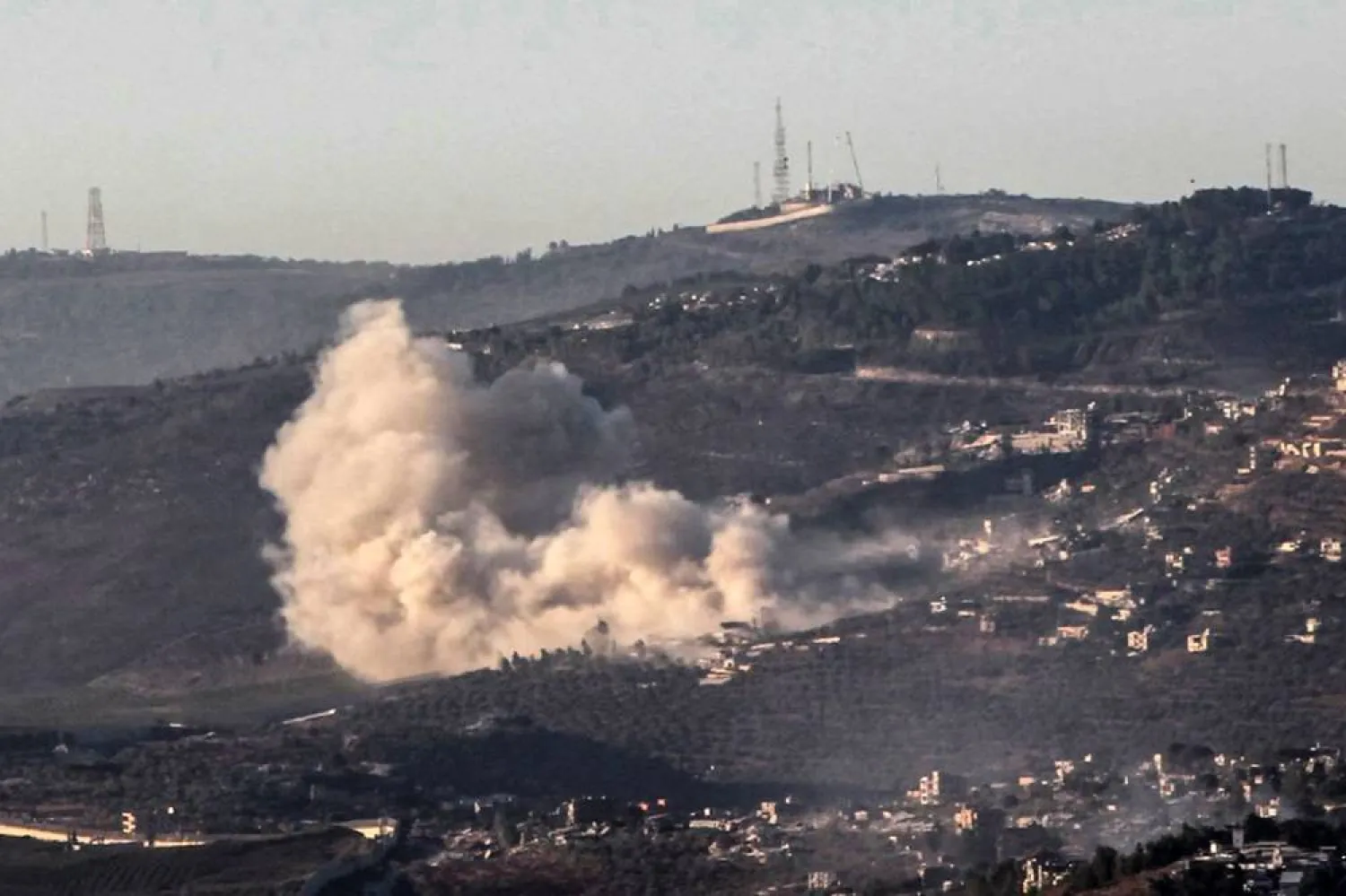The Israeli army said Friday that it will deploy an additional brigade to its northern border as it continues to combat Hezbollah in Lebanon.
“In accordance with the situational assessment, the (army) is calling up an additional reserve brigade for operational missions in the northern arena,” near the Lebanese border, a military statement said.
Hezbollah said Friday it is entering a new phase in its fight against invading Israeli troops, as the region reckons with the killing of top Hamas leader Yahya Sinwar in a battle with Israeli forces in Gaza.
It said it had used precision missiles for the first time in the war with Israel and that “hundreds of resistance members have been fighting over 70,000 Israeli officers and soldiers on the ground.”
Hezbollah added it has been targeting Israeli military locations along the border with Lebanon, as well as settlements and occupied cities in Israel’s north.
The Iran-backed party did not elaborate on the nature of the “new phase”, but said the ground battles have left “55 enemy soldiers dead and over 500 wounded.”
Riad Kahwaji, director of the Dubai-based Institute for Near East and Gulf Military Analysis (INEGMA), said Hezbollah’s talk of a new phase in battle was aimed at “raising the morale of its members,” unless the party meant that the fight has effectively been moved to within Lebanese territories.
In remarks to Asharq Al-Awsat, he added that the party is trying to convey the impression that it was still strong. He noted that the party has used up the majority of its small rockets and its ballistic missiles.
Whatever the party hasn’t yet used won’t change the equation on the ground, he added.
The fighting is now on the ground and the party is trying to repel the Israeli advance, he went on to say.
Moreover, he stressed that Hezbollah is “suffering major losses and no longer has military capabilities.”
The Israelis are also losing soldiers in the battle, “which is normal and to be expected from such fighting. But it is evident that Israel is forging ahead in the confrontation. Nothing appears to have changed from the Israeli side,” added Kahwaji.
Little has emerged about the fighting on the ground. Hezbollah has spoken of fighting inside villages, saying the Israeli army is incurring “massive losses” along the frontlines.
Israel has also called in five ground units boasting over 70,000 officers and soldiers, and hundreds of tanks and military vehicles since the beginning of the fighting,
On the other hand, Hezbollah said it had called up hundreds of fighters to confront any Israeli incursion.









